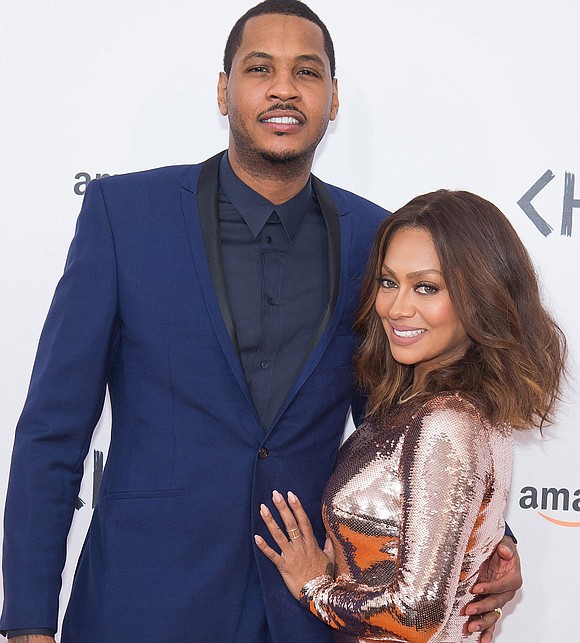Like myself Tinder: just how tech is evolving gender
Intercourse apps satisfy all preferences and predilections and so are the fresh frontier for (mostly) youthful. Exactly what is this everyday hook-up customs carrying out to sex?
One enables you to change your own mobile into a vibrator that may be monitored from another location. Another records decibel degree during intercourse. Another however enables you to examine their overall performance with other people. Sex programs contain all preferences and predilections; they are the latest boundary for a generation of consumers who’ve expanded familiar with associating gender with technologies.
Everyone is however discussing mirror Fair’s post on the effect of dating apps on dating lifestyle among American young people. When you look at the post, Tinder therefore the start for the “Dating Apocalypse”, men and ladies who make use of Tinder and various other dating software are questioned in nyc pubs and on college campuses. Young men say such things as, “if it’s simple, whenever it’s therefore accessible to you and you can see someone and f*** them in 20 minutes or so, it is very hard to include yourself”, a phenomenon for which women interviewee after coins the term “pussy affluenza”.
The most crucial question presented of the mirror reasonable article remains for now unanswered and possibly unanswerable: what are the results once you’ve are available of age in the period of Tinder?
Yahoo trips costs Ireland 14th within the “20 best countries to Tinder”, between Italy and Norway. Tinder functions differently in Ireland than it does in other places. An Ipsos MRBI study carried out at the outset of 2015 announced that use try separated uniformly along gender traces, and therefore the typical years was under 25. This suggests that usage of technology as a method to date or connect is assigned to really youthful generations, because do utilization of Grindr, the hook-up application for homosexual and bisexual guys that remains the most trusted programs in the united states.
The truth that customers of dating applications are incredibly younger means that the connection between gender and technologies might expand with them, possibly quicker than them. In evolutionary terms, this might be uncharted region.
The theory that we’re having an evolutionary unknown in sex is actually echoed by Justin Garcia of Indiana’s Kinsey Institute for gender, Gender and replica, exactly who claims that scientists have started to dicuss for this minute as 2nd greatest change in real person intimate behaviors, next and then the institution of relationship. The emergence of socialised monogamy brought about the first major change in habits. The world wide web has had throughout the next.
Over Skype, Garcia sounds less like the harbinger of sexual doom, and more like a fascinated watcher of “technology’s destiny to change our sexual lives for better or for worse” who also happens to be an expert in romantic and sexual relations.
A confident thing
Garcia feels current move in sexual practices offers researchers an exciting possibility to “to start inquiring newer questions”. Whenever inquired about sex programs as a follow-on to hook-up apps, the guy sees it a confident thing. “A significant these software tend to be expanding people’s sexuality,” according to him. “The web allows subgroups of people who might not be capable posses connections – considering choices, faith, behavior – to take part in these kinds of relations.”
The question is whether or not an upswing of gender applications particularly Nipple and Spreadsheets, plus the loves of virtual reality pornography, are exacerbating what some argue is a casual-obsessional link to sex set off by hook-up tradition. Tinder, which had 50 million customers global in 2014, has created a culture where in fact the overabundance and limitless chance of couples – just what Garcia phone calls “cognitive excess” – has actually exterminated the need for closeness and caused a crisis in matchmaking and monogamy among young years.
If gender apps comprise to be most popular, they may figure and tell our future intimate practices. Nipple, an app which allows you to upload information regarding your intimate encounters to be able to contrast yourself with others, and in which “top people” were noted day-after-day, was very good example. The trend of sharing-and-comparing was an online trope, as is the competitiveness inherent in hook-up lifestyle and across matchmaking apps.
Garcia, for starters, try unwilling to blame technology when it comes down to more sinister facets of some of these software. “There’s always been a want to compare as a social primate: we should know very well what others are trying to do therefore would like to know exactly how we stay when compared to them.”
Garcia believes that what need hotly debated aren’t the apps themselves, but what preceded them: “Based in the study that we’ve accomplished on intimate hook-up cultures and sexual-romantic relations, we have a tendency to think a lot of the engineering being used in casual sexual interactions are more a symptom of larger cultural changes than they are causal.”
Relating to Jennifer, a 32-year-old expert working in Silicon Docks, technologies and sex will result bad and the good in equal measure. “The benefit of tech in sex usually it raises simplicity, accountability, accessibility and assortment, but what your lose is authenticity therefore the communications you will usually posses.”
So what takes place when you arrive of age for the Tinder age? In which will connections go from right here? “It’s difficult learn,” says Garcia. “i do believe we don’t be aware of the effects but  .”
.”

Leave a Reply
Want to join the discussion?Feel free to contribute!